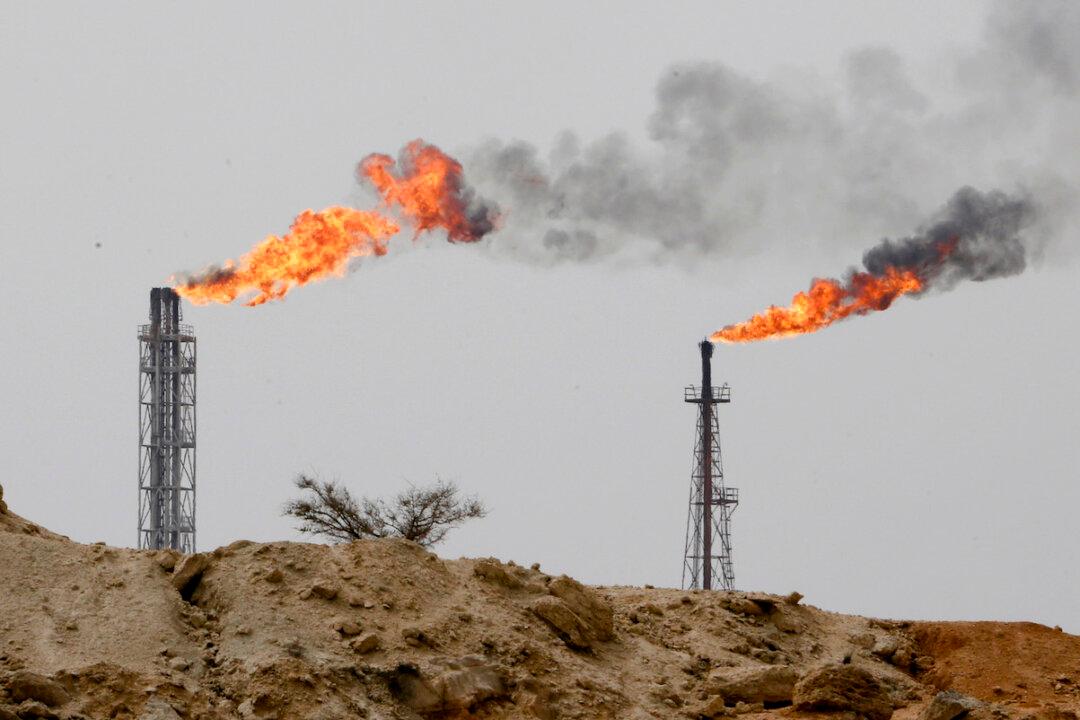It’s been well-reported already that a significant portion of ISIS is made up of foreign fighters, but the most significant question of remains: Why are foreigners joining the group to fight its conflict?
One of the most well-known and reviled ISIS terrorists, Mohammed Emwazi, is from the United Kingdom. Emwazi, dubbed “Jihadi John” by the British press, has infamously appeared in ISIS propaganda videos that depict him cutting off the heads of foreign hostages. Also, a recent video showing an ISIS child soldier and militant executing an alleged spy are reportedly from France. A 13-year-old French child soldier was killed fighting for ISIS last month.
“I’m calling on all the Muslims living in the West, America, Europe, and everywhere else, to come, to make hijra with your families to the land of Khilafah,” exclaimed a Finnish fighter of Somali descent, according to Defense One in a report this week. “Here, you go for fighting and afterwards you come back to your families. And if you get killed, then … you'll enter heaven, God willing, and Allah will take care of those you’ve left behind. So here, the caliphate will take care of you.”





